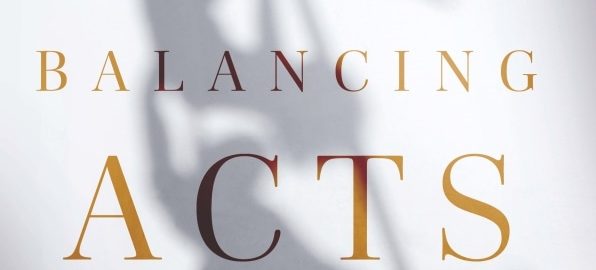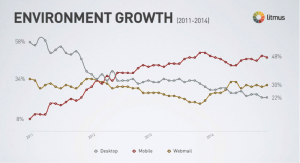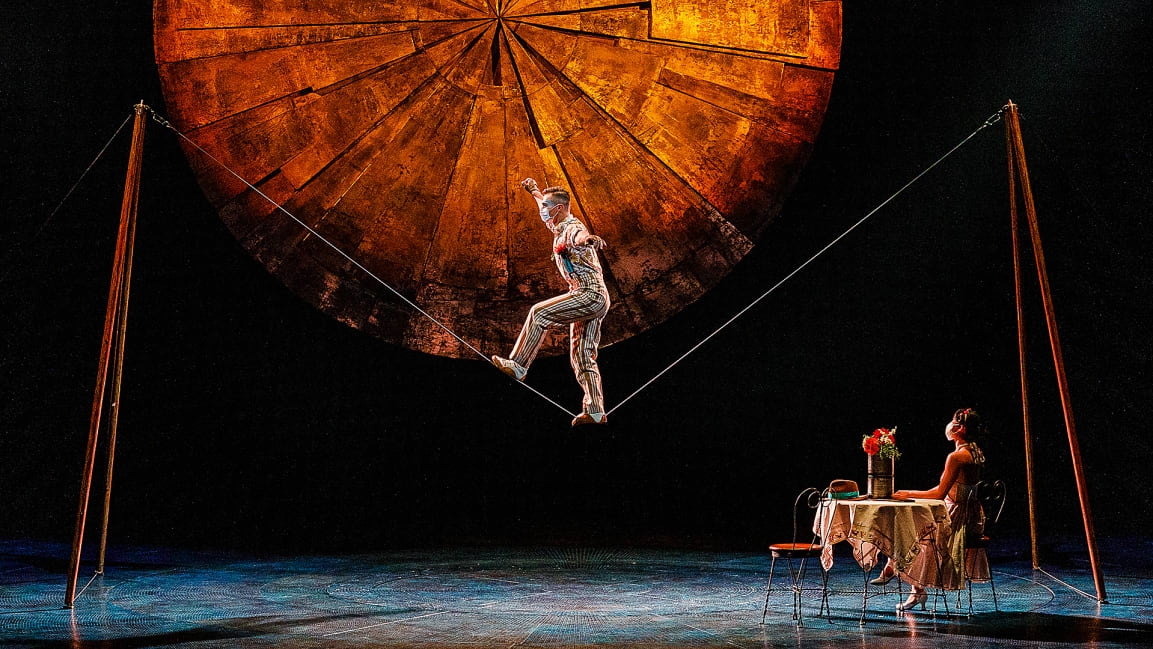
Daniel Lamarre was three months away from publishing what might have been a routine business book in 2020 when the COVID-19 crisis swept in and changed the fate of his company and the world. Within days of the first outbreaks in North America, Cirque du Soleil, the famed Canadian circus brand where Lamarre had served as CEO for two decades, shuttered all 44 of its shows around the world—immediately grinding revenue to a halt and creating a no-win situation for a business leader.
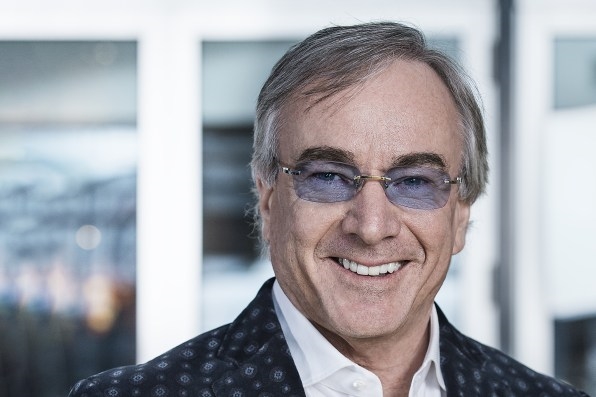
The rest unfolded as you might expect. Cirque du Soleil filed for bankruptcy and struck a deal with its main stakeholders—TPG Capital, China-based Fosun, and Caisse de dépôt et placement—which provided liquidity that helped it survive until it could resume operations.
Not surprisingly, a book was the last thing on Lamarre’s mind during those tumultuous times. “I called the publisher and I said, look, there’s no way I’m going to publish a book right now,” he tells Fast Company. “The company is in total distress, and I would look stupid publishing in the middle of the crisis.”
But rather than shelf the project entirely, Lamarre rewrote the ending, providing fresh insight into what it’s like to navigate a live-events business in the middle of a worst-case scenario for live events. The result is Balancing Acts: Unleashing the Power of Creativity in Your Life and Work, which is described as “part memoir . . . part enlightening business business book,” and which is now available from HarperCollins Leadership.
Lamarre stepped down as CEO late last year to become an executive vice chairman on Cirque du Soleil’s board. We caught up with him in January when his book was released—ironically, at the height of the omicron wave. He spoke to us by phone from his home base in Montreal. Ahead is an excerpt from our conversation, edited for length and clarity.
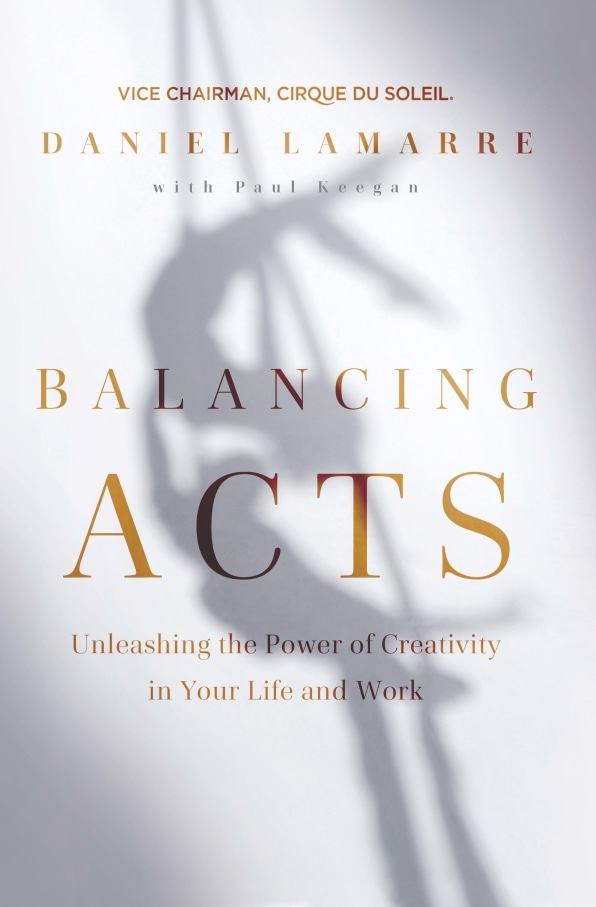
Fast Company: What was the biggest business lesson that you took away from having to navigate a company during a crisis?
Daniel Lamarre: The big lesson I learned was the importance of staying in communication with our cast and crew. Because in theory, for many, many months, they were no longer our employees. And we might have decided to say, you know, they’re no longer our employees, let’s forget about them. But we did the entire opposite . . . We were communicating with them on a regular basis. And we were focusing on being ready and on standby for when the crisis ended.
FC: I wonder how you dealt with balancing the needs of the performers against the needs of the people who actually had to continue working—and were probably working like two or three times the amount. Did you have to figure out ways to manage their workplace burnout?
DL: Oh, yeah. That was a crazy, crazy time. We were working long hours, and we had to deal with lawyers and bankers and accountants . . . The most important asset that an organization has is its brand. And imagine, in 48 hours, the company went from $1 billion of revenue, 44 shows, to no shows, no revenues. Then [we had to] convince our lenders to become shareholders and convince them as shareholders to invest $375 billion to relaunch the company. [Why would] someone invest that much money to relaunch a company that has zero revenue? It’s only based on the strength of the brand.
FC: Were there moments where you personally, or some of your top team, doubted the power of the brand?
DL: The truth is, yes. But the reality is, I always refused that thought. We were good, the little group here, in communicating that We will come back. That was the tagline that we were communicating to everybody.
FC: What were the hardest choices you had to make at the height of the crisis?
DL: Obviously, it was to let people go. That was terrible. But what the book is about really is what I’ve learned. I joined the company 21 years ago as a very traditional businessman, and now 21 years later, I’ve learned from our directors, our creators, from our founder, from the Beatles and our Beatles show, and from James Cameron when we worked with him. Observing all those amazing creators, I’ve learned to be much more creative in my personal and professional life.
FC: What is the key lesson that a person with a more traditional business background can learn from a creative business like a circus or the performing arts?
DL: The first one I would say is, in a politically correct environment, people are nice with each other, and they don’t debate. So you present an idea, and I’ll be nice with you. I present an idea, and you’ll be nice with me. But that’s not the way it should be. You and I should be debating. And at the end of the debate, the best idea should prevail. In our creative process, a lot of debate is allowed . . . to make sure that you are pushing the boundaries of your creativity.
FC: I understand this is mostly a book about business and leadership lessons, but if people are really interested in the nitty-gritty of what happened in 2020—with the investors, the creditors, TPG, and all that stuff—will they learn that in this book?
DL: I think so. I went into quite a bit of detail here.
(36)
